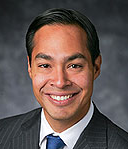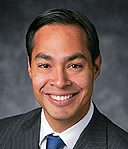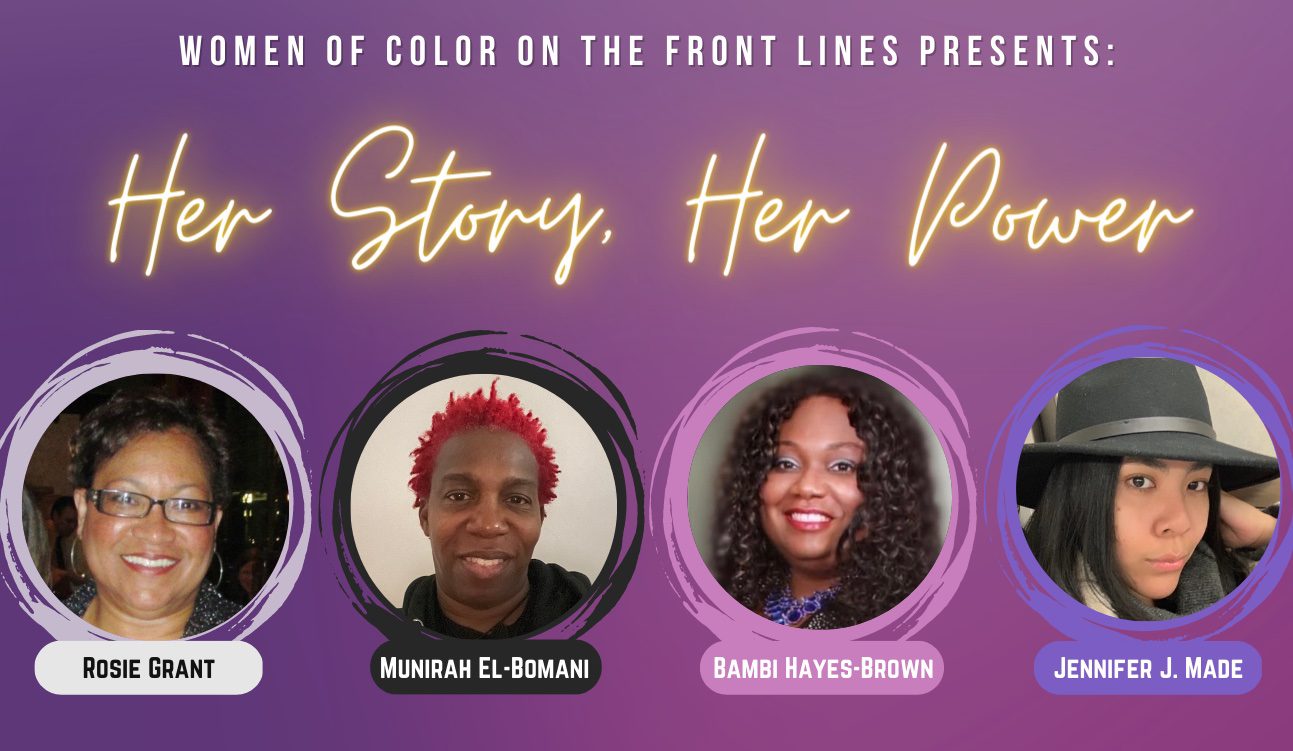P
As a community and economic development practitioner and San Antonian who has observed Castro up close for years, I am convinced that Julián Castro is an outstanding pick for HUD secretary. As a mayor, Castro understands the pressures that local governments have been under during this long period of economic recovery.
Mayors and county executives have been left to face the consequences of a Congressionally-driven policy of disinvestment during a time of economic crisis. The reduction of block grant funds (like CDBG and HOME) to cities and counties has had a profound impact on the ability of local officials, both Democrats and Republicans,
to deliver basic services to their constituents and to invest in a better future. Castro's grasp of what municipal leaders need to rebuild local economies under enormous financial constraints is a tremendous advantage for a new secretary of HUD. Castro also knows that, while government at all levels has an important role to play in solving our nation's social and economic challenges, the most powerful resource begins and ends with people. This mayor understands intrinsically that developing a place is
inseparable from engaging and investing in its people.
Castro led a massive community engagement effort, branded SA2020, to develop a vision and set of measurable objectives for the City of San Antonio through the year 2020. This effort, which engaged people from across the city, across sectors, and across the socioeconomic spectrum, continues today as a nonprofit that coordinates efforts toward the 2020 goals. Through SA2020 and in innumerable constituent forums and meetings, Castro has effectively connected San Antonians to the civic process and community development.
Castro has also forged productive working relationships with the corporate sector in San Antonio, leveraging corporate investment in, and support for, low-income families. “Pre-K for SA,” Castro's signature program to dramatically expand the number of pre-K slots available to lower income children, would never have passed if not for the full throated support of some of San Antonio's most influential corporate leaders. As secretary of HUD, Castro will most likely be working with a Republican Congress after the mid-term elections. He has experience working with people that are more politically conservative than he. Some may think of San Antonio as a Democratic-leaning city, but remember that in the 2012 presidential election, 47 percent of voters supported the Republican ticket.
Finally, Castro is a smart guy. While raw intelligence is not a guarantee of good leadership, it doesn't hurt, and he's got it. He has the capacity and temperament to work with a conservative Congress. If they choose not to give him that opportunity, his track record of broad-based civic engagement and productive corporate partnerships give me confidence that he can step outside of Washington to build a constituency for a sensible housing and urban development agenda.





Comments